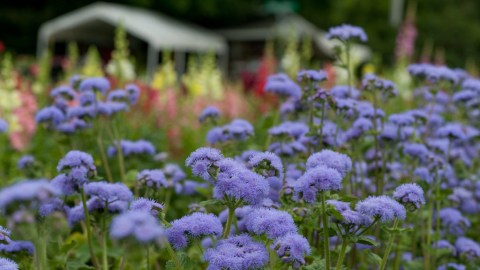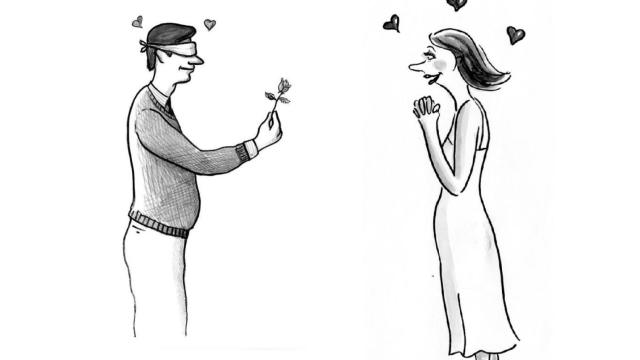ReGen Village in Amsterdam will Have Zero Waste

If you read a lot of news about climate change or other environmental issues, you might start to worry whether humans have what it takes to survive on Earth in the long run. How will we manage our resources for instance, if we use up most of our fossil fuels and can’t ship food across the country any longer?
A new community in Amsterdam, called ReGen Village might be coming up with some answers. It’s a housing project meant to be completely sustainable, with residents growing their own food, composting their own waste, and producing their own energy in one neat little ecosystem. Thanks to farming technologies like aquaponics and permaculture, the community can produce much more food than is customary for its size.
Aquaponics, for instance, is a technique that farms fish and plants together in the same system, so that each can provide nutrients for the other. Fish produce waste rich in nitrates and ammonia, both of which need to be removed from their environment, while plants thrive off the substances. When plants are nourished with fish waste they purify the environment for the fish, creating a mutually positive feedback cycle. Aquaponics is an age-old system that’s been used in places like China and Thailand for many years.

An aquaponics system at Huntington Beach High School in Huntington Beach, California. Source: Wikimedia.
The Amsterdam neighborhood also has big plans for sustainable energy production. It will be powered “using a mixture of geothermal, solar, solar thermal, wind, and biomass.” And there will be shared electric vehicles also powered by these sources for residents to use.
It seems more and more common that people are turning to the idea of sustainable building practices and sustainable communities. In some cases, what’s needed are not big bold new solutions but more of an incorporation of some indigenous practices. One high school student, for instance made an exhibition about the sustainable practices of the Cherokee Nation. Maybe it’s not too late for the planet after all.
—
Header Image: Flickr





